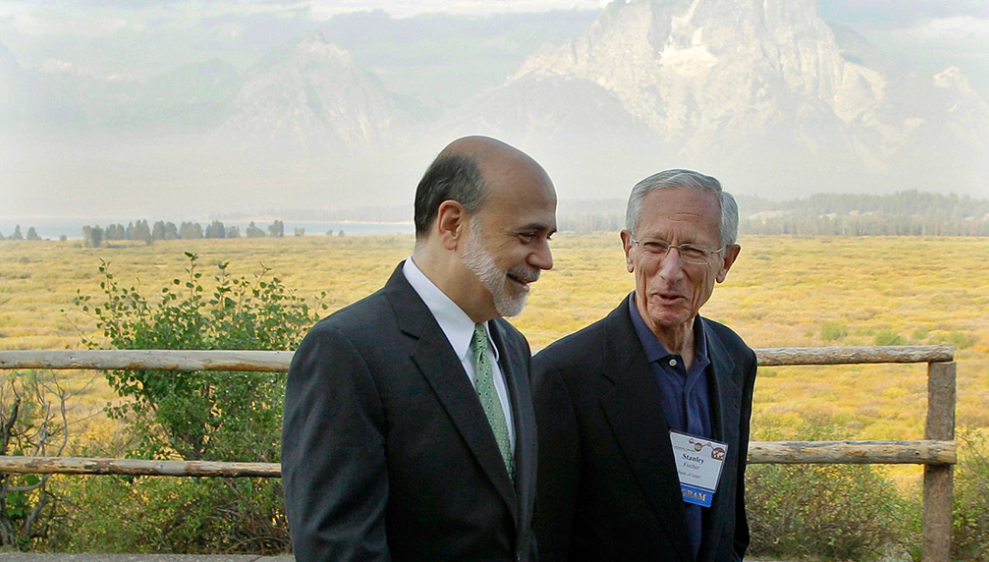A paper presented at the Jackson Hole symposium this weekend argued against strict rule-based monetary policy

- Presented by Johns Hopkins University economics professor Jon Faust (who served as a special adviser to the Fed's board of governors until September 2014)
- Says the economic models underpinning the simple rules proposed by many in Congress don't work that well
- Better policy decisions come when central bankers look beyond those models to the unexpected forces shaping the economy
- Says it is extraordinary events outside of the basic inflation and output models used by central bankers that ultimately mattered most
Its an important debate. More here.
BUT ... lets forget about the acrcane world of central banking philosophy and get practical.
What of the similar debate amongst traders
... is it better to always use simple, rules-based trading models, or are there times where better decisions come from incorporating the impact of extraordinary events?
Jon Faust said in his presentation:
"Understanding ... confounding dynamics has always been the key to good policymaking and failure to understand those dynamics has played a key role in major policy mistakes."
I'm going to modify his remarks:
"Understanding ... confounding dynamics has always been the key to good policymaking trading decisions and failure to understand those dynamics has played a key role in major policy trading mistakes."
So, is this applicable to traders, or not?
Its not one-size-fits-all. Far from it.
- There are PLENTY of successful traders that use a strict rule-based approach. Think of automated trading systems, algos, for example.
- I would contend that these successful approaches are based on very short-term trading methods, and that the further you go out along the time spectrum, the more space and time there is for 'confounding dynamics' to mess with a simple rules-based approach.
Its here, away from this short-term, automated area that 'confounding dynamics' will play a greater role, and having an inviolable, inflexible approach that does not recognize the potential impact of the unexpected and the confounding is not going to be the best approach.





